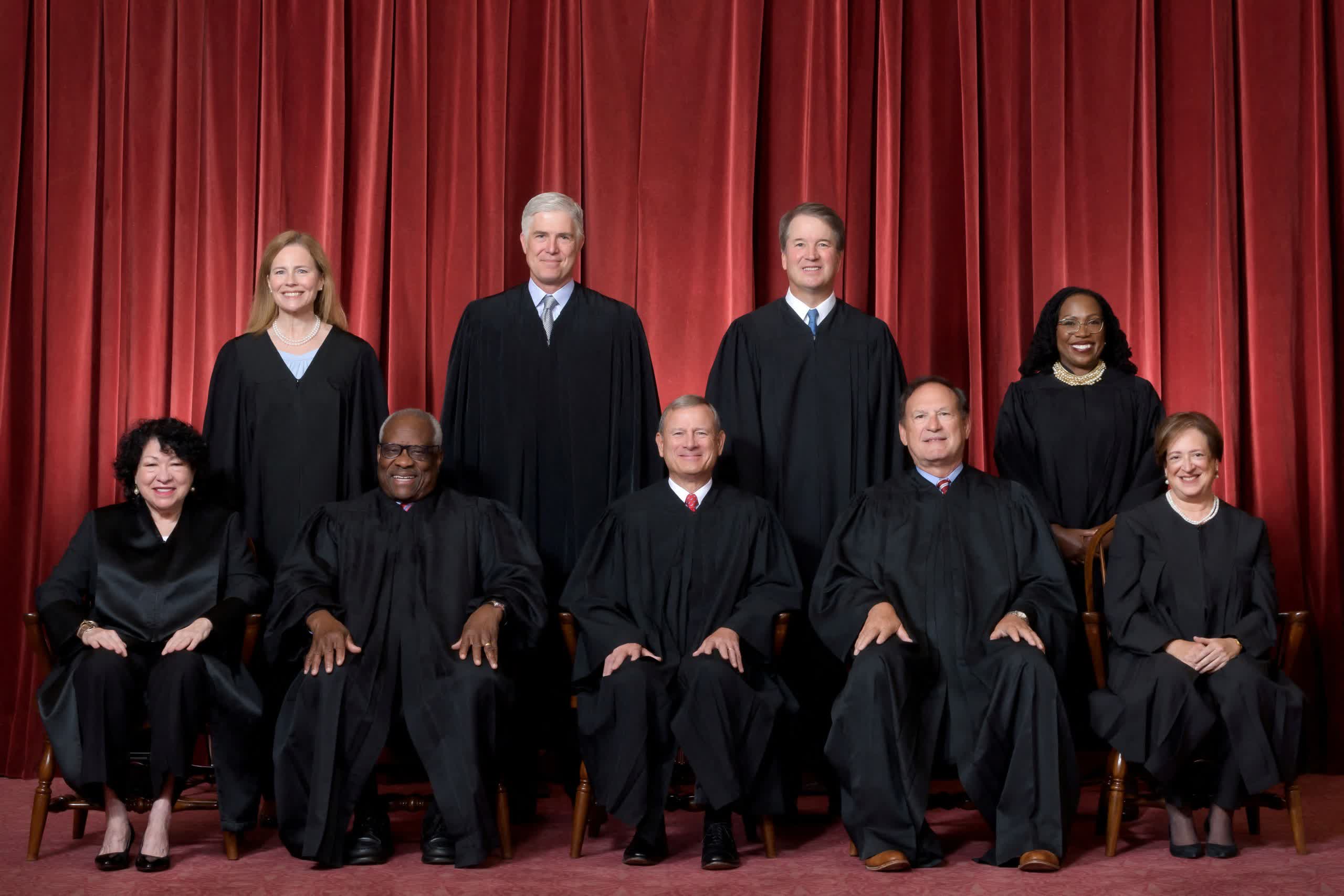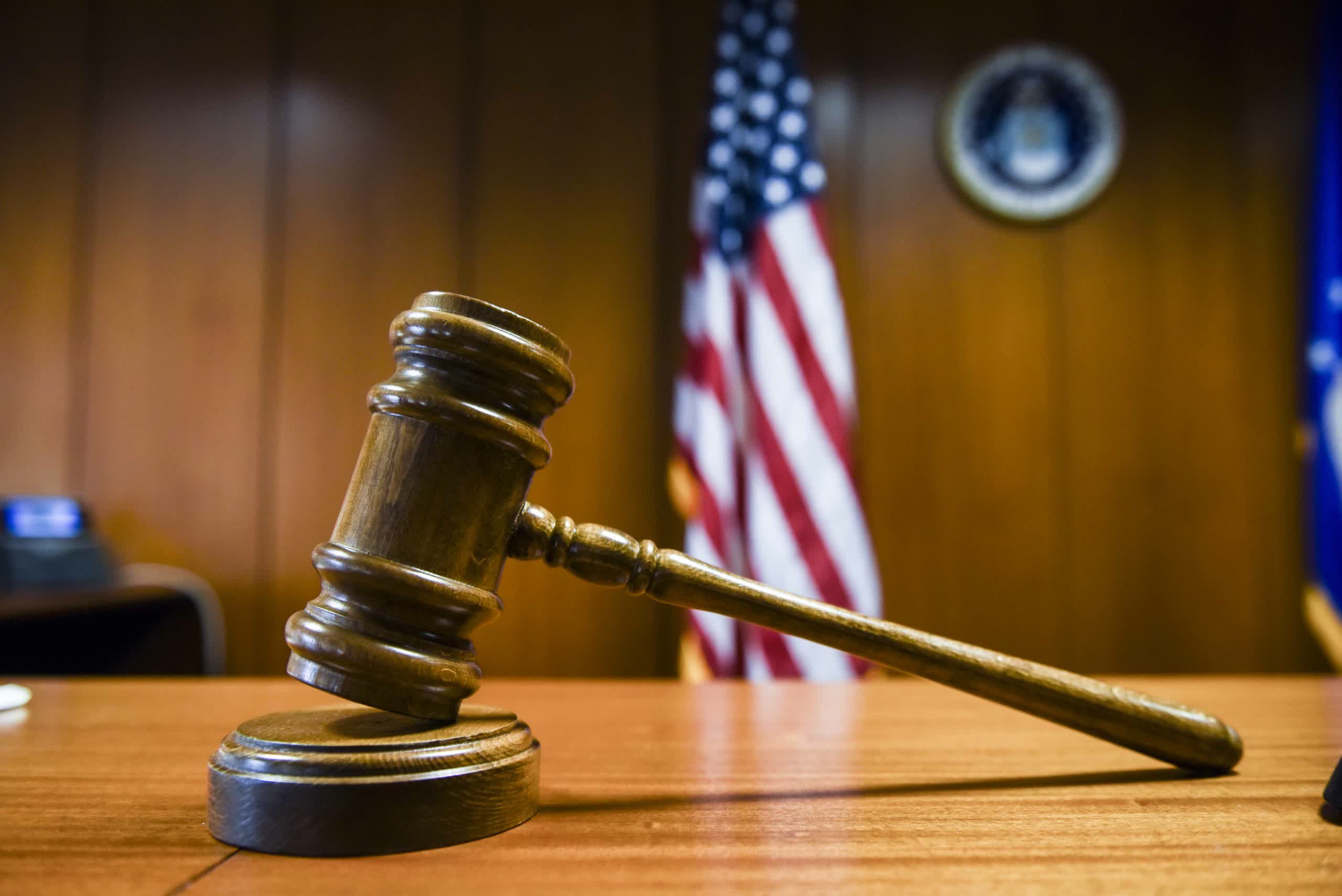In context: The Supreme Court has agreed to hear two cases involving opposing state-level rulings regarding censorship of online speech. The hearing raises critical First Amendment issues, and the high court's decision could radically change the future of online discourse.
Are social media and online discussion spaces platforms or publishers? Do they curate online conversations, or are they disinterested parties merely hosting civic discussion? Regulators and political watchdogs have pondered these questions since the early days of the internet. They have become even more prominent with the rise of social platforms like Facebook, X, and YouTube. On Monday, the Supreme Court may provide some answers.
In 2021, social media platforms like X (formerly Twitter) and Facebook banned President Donald Trump's accounts. The move came following years of conservatives saying that online platform holders suppressed their views. The ban almost immediately led some states to enact legislation that would compel platforms to host content that they would otherwise moderate or remove and give explanations for any moderated content. Florida's SB 7072 and HB 20 in Texas are prominent examples.
NetChoice and the Computer and Communications Industry Association immediately challenged both laws, arguing that platforms have a right to curate and moderate their spaces as they see fit. The groups also contend that providing detailed explanations for every moderation decision is unreasonably demanding.
Interestingly, these two laws resulted in conflicting outcomes when challenged in state-level courts. Florida successfully defended its legislation. However, NetChoice got the Texas law blocked. So, one federal appellate court said states could restrict content moderation policies, and another ruled the opposite. As such, the states have petitioned the Supreme Court for a decisive answer.

Moody vs. NetChoice and NetChoice vs. Paxton rely on First Amendment arguments from all parties to the challenge. On the one hand, NetChoice and their representation argue that requiring platforms to host content they would otherwise remove is effectively compelled speech, which breaches the platform's First Amendment rights. On the other hand, states contend that social media giants breach users' right to free speech by censoring or banning them. The Supreme Court has agreed to settle the argument.
The outcome of these cases will have dramatic and far-reaching consequences for online discussions and will affect many more than just social media platforms.
"These statutes would deny operators of online platforms editorial control over their own websites and force them to publish speech they do not wish to disseminate," stated the Wikimedia Foundation – owner and operator of Wikipedia – in an amicus brief.
Many other online publishers agree. The Reporters Committee for Freedom of the Press, American Booksellers for Free Expression, and the Motion Picture Association co-authored a separate SCOTUS amicus brief supporting online content moderation.
These are landmark cases. The ramifications will be huge, regardless of how the Supreme Court rules. If the justices uphold the platforms' rights to moderate, they set a precedent that could disallow future attempts to regulate those companies to protect an individual's First Amendment rights. Conversely, if the states can dictate how platforms moderate content online, hosting speech suddenly becomes a minefield with inconsistent regulation across state lines, making it virtually impossible to comply within all 50 states.
Image credit: Fred Schilling
